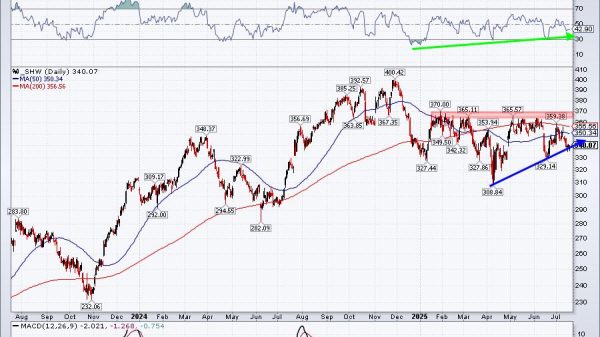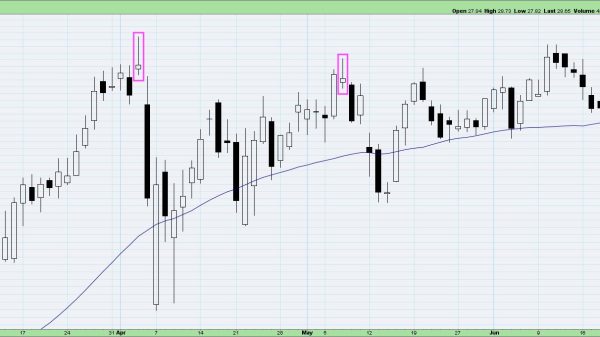2022: Global Insurers’ Losses Exceed $100 Billion
Quick Look:
Global property and casualty insurers recorded a combined ratio of 103% in 2022, indicating underwriting losses; Only 27% of insurance executives feel confident in their predictive modelling capabilities; High-interest rates continue to provoke volatility in financial markets; Persistent inflation prompts minimal expected rate cuts from the U.S. Federal Reserve.In 2022, the global property and casualty insurance sector faced “alarming” underwriting losses, as reported by consultants Capgemini. These losses have been increasingly driven by a rise in natural catastrophes, with insured damage consistently topping $100 billion annually. This spike in natural disasters, from devastating winter storms to widespread flooding, has highlighted a critical flaw: risk models are not keeping pace with the reality of these events. According to the Capgemini report, this underpreparedness is reflected in the insurers’ combined ratio—a key measure of profitability—which stood at 103% in 2022. With a ratio above 100, indicating a loss, it’s clear that insurers are paying out more in claims and expenses than they are receiving in premiums.
Only 27% are Confident in Insurance Predictive Models
The effectiveness of predictive modelling in the insurance industry is under scrutiny. Only 27% of insurance executives surveyed by Capgemini believe their companies possess advanced capabilities in this area. Anirban Bose, CEO of Capgemini’s financial services strategic business unit, emphasised the growing difficulty of accurate risk prediction and pricing. This challenge is leading to concerns over the future insurability of certain risks, particularly as climate change intensifies and urban development continues in high-risk areas. The need for robust predictive models has never been more urgent as insurers seek to adjust to rapidly changing global conditions and mitigate potential financial instabilities.
Persistent High Rates Stir Market Volatility
The broader financial landscape is also experiencing turbulence, compounded by major economies’ lingering high-interest rates. Despite expectations of rate cuts during the summer, asset managers and economists are now predicting minimal monetary easing. This shift is primarily due to the U.S. Federal Reserve’s battle against persistent inflation. Ann Katrin-Petersen, senior investment strategist at BlackRock Investment Institute, warns of a “valuation drag from higher-for-longer rates.” The expectation of persistently high rates has triggered volatility in stock markets. Major investors, including Amundi, predict that U.S. stocks will underperform on a global scale over the next decade. Meanwhile, rising conflicts and continuous climate shocks are driving commodity prices higher. Consequently, these factors add complexity to the financial challenges markets worldwide are encountering.
The post 2022: Global Insurers’ Losses Exceed $100 Billion appeared first on FinanceBrokerage.
























